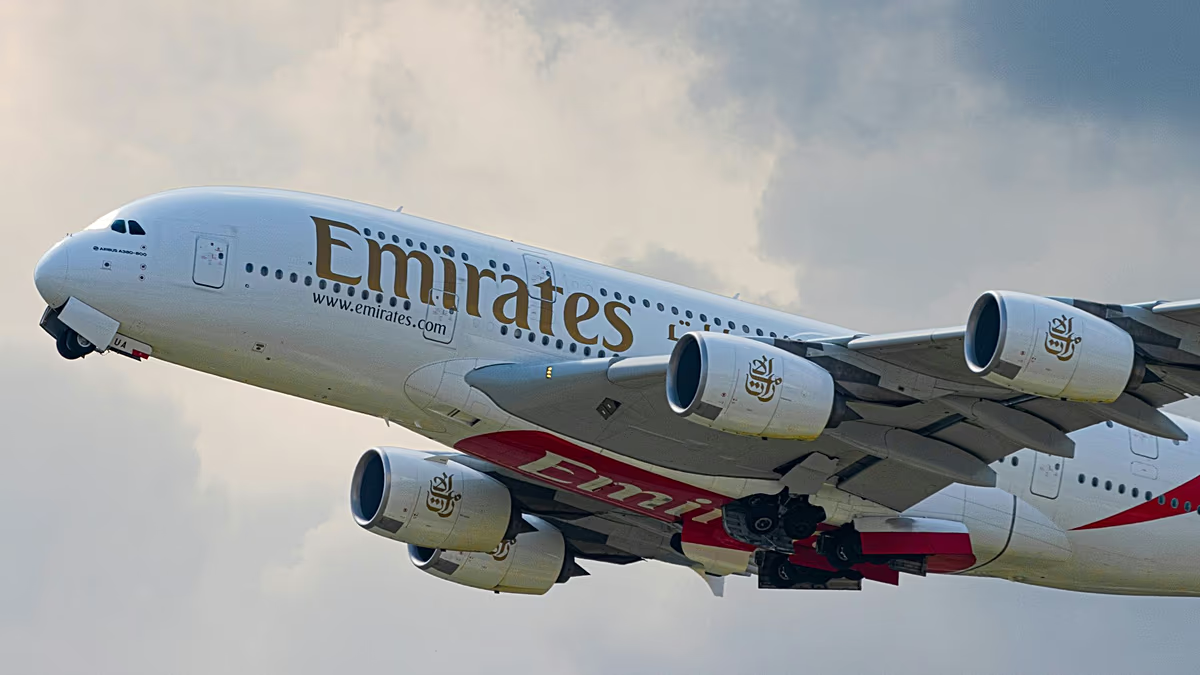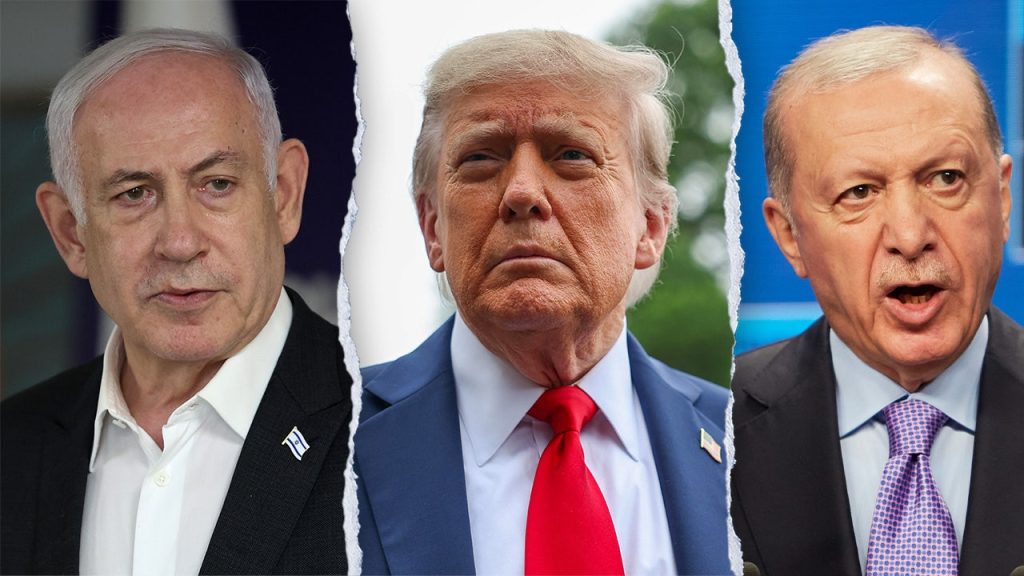Trump’s Middle East Balancing Act: Turkey’s Gaza Ambitions and Israel’s Concerns
President Trump faces a critical decision that could reshape the Middle East landscape: whether to allow Turkish troops into Gaza as part of a U.S.-backed stabilization force. This delicate diplomatic challenge pits Trump’s warm personal relationship with Turkish President Recep Tayyip Erdogan against the firm opposition of Israel, America’s closest regional ally. Turkey is reportedly preparing a brigade of at least 2,000 soldiers for deployment once a UN Security Council mandate is approved, while Israeli officials have categorically rejected the proposal, with a government spokesperson bluntly stating, “There will be no Turkish boots on the ground.” The decision highlights the complex web of alliances and rivalries that define Middle East politics, where personal relationships between leaders can sometimes clash with long-standing strategic partnerships.
The fundamental concern for Israel centers on Turkey’s ideological positioning and regional ambitions. Dan Diker, president of the Jerusalem Center for Security and Foreign Affairs, cautions that Trump must recognize the “profoundly deep-rooted enmity” that Erdogan’s government represents, describing Turkey as “on a mission to assert itself as an Islamic imperial power in the Middle East.” Former Israeli National Security Adviser Yaakov Amidror echoed these sentiments, telling Fox News Digital that “Turkey is a power with a desire to expand its borders and its influence into areas that are relevant to us,” and warned that Israel must maintain operational freedom inside Gaza even after the war. The Israeli perspective reflects years of deteriorating relations with Ankara, punctuated by Erdogan’s support for Hamas, his political embrace of the Muslim Brotherhood, and significant disagreements over regional conflicts, particularly in Syria.
Turkey’s aggressive posture on Gaza appears deeply intertwined with Erdogan’s domestic political challenges and his long-standing support for Islamist movements across the region. Gonul Tol, senior fellow at the Middle East Institute, explains that “Erdogan has always framed himself as the champion of the Palestinian cause” to appeal to his conservative constituency. This positioning became even more critical after Erdogan’s party suffered major losses in Turkey’s 2024 municipal elections, where competing Islamist parties criticized him for not taking stronger action against Israel despite his rhetoric. However, Tol also notes that Erdogan has shown pragmatism behind the scenes, particularly in his dealings with Washington, suggesting that “people in his circle say the Hamas leadership had been asked to leave Turkey quietly” to avoid angering the Trump administration, and that Erdogan even pushed Hamas to accept Trump’s Gaza proposal despite provisions unfavorable to the organization.
Turkey’s history of backing Islamist groups across the Middle East has generated significant mistrust among both Israel and key Arab states like Egypt and Saudi Arabia. Galia Lindenstrauss, a senior researcher at Israel’s Institute for National Security Studies, points out that “Turkey has a very pro-Palestinian stance. And not only that, it has a pro-Hamas stance. It wants Hamas to remain a relevant actor in the day after.” She cites Turkey’s 2024 trade restrictions on Israel and arrest warrants issued for dozens of Israeli officials as actions that further erode trust, noting that Ankara continues to meet Hamas leaders publicly, showing “no sign of any change in the Turkish stance.” This ideological orientation, combined with regional power ambitions and increasingly anti-Israel rhetoric, “raises suspicion that any Turkish action is not sincere in the attempt to weaken Hamas,” potentially undermining the very stability that a peacekeeping mission would aim to establish.
The United States now finds itself attempting to reconcile these competing interests and perspectives. Secretary of State Marco Rubio recently met with Turkish Foreign Minister Hakan Fidan to discuss “the ceasefire in Gaza and next steps to ensure stability in the region,” highlighting Washington’s ongoing engagement with Ankara even as the administration weighs the implications of Turkish troop participation. The diplomatic challenge for Trump is substantial – balancing his personal rapport with Erdogan against Israel’s security concerns while also considering the broader regional dynamics involving other Arab states. Diker argues that Trump, as “an economic warrior and a dealmaker,” wants to include everyone in his Middle East regional approach “by embracing enemies and allies alike,” but warns that this approach may not fully account for the deep ideological divisions at play.
Ultimately, as Gonul Tol suggests, the outcome “will all come down to how strongly President Trump is willing to push all parties to accept” or reject Turkey’s participation in any Gaza stabilization force. The decision represents more than just a tactical military choice – it signals America’s vision for the future of Gaza governance and broader Middle East stability. For Israel, the red line remains clear: maintaining security control and preventing what they see as Turkish expansionism under an Islamist banner. For Turkey, Gaza represents both a domestic political imperative and a strategic opportunity to expand regional influence. And for Trump, the challenge is finding a solution that preserves American leadership while accommodating these competing priorities without alienating either crucial ally. The administration’s eventual decision may well establish the framework for Middle East policy throughout Trump’s second term, with far-reaching implications for regional security, Palestinian governance, and the future of American influence in this volatile corner of the world.















